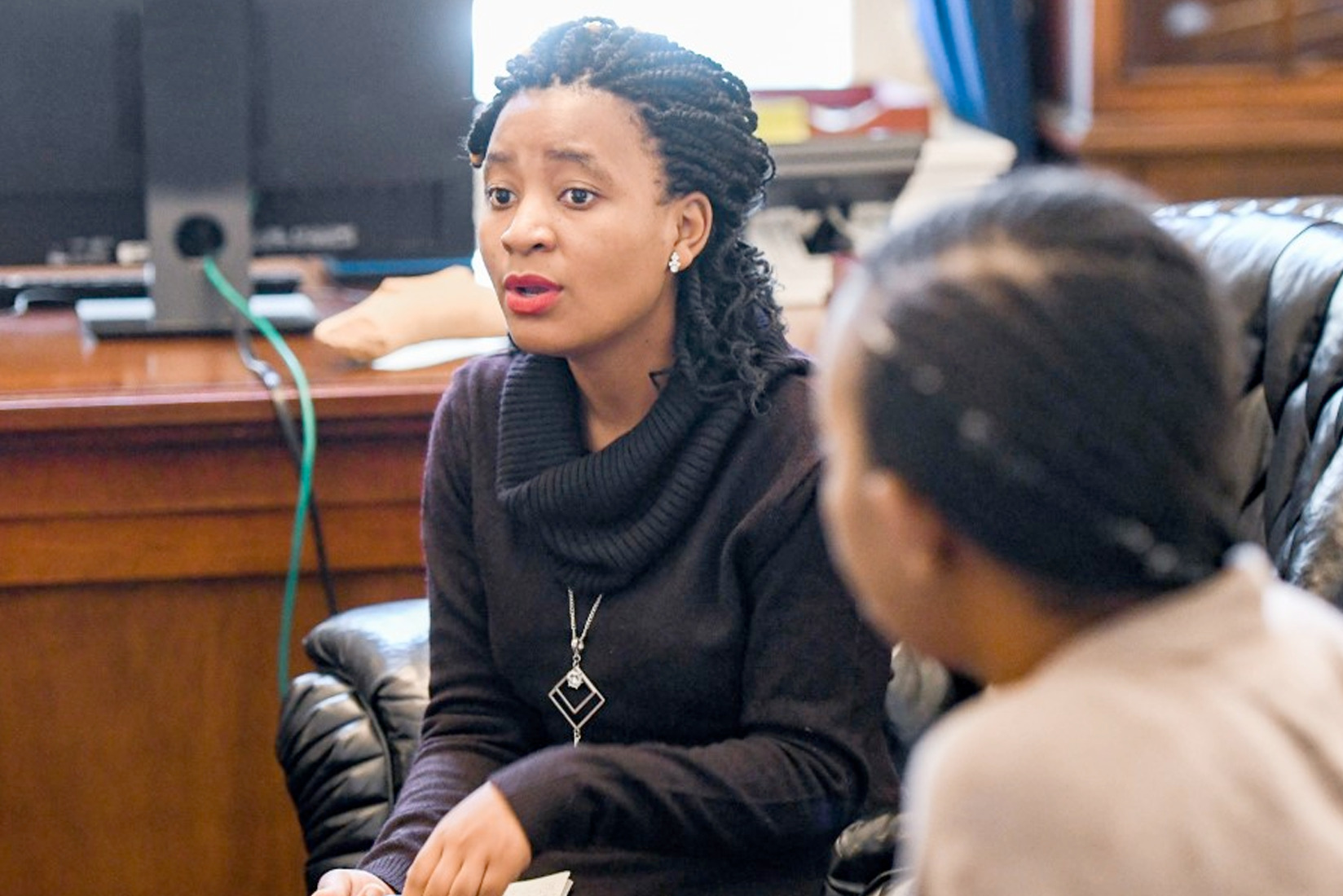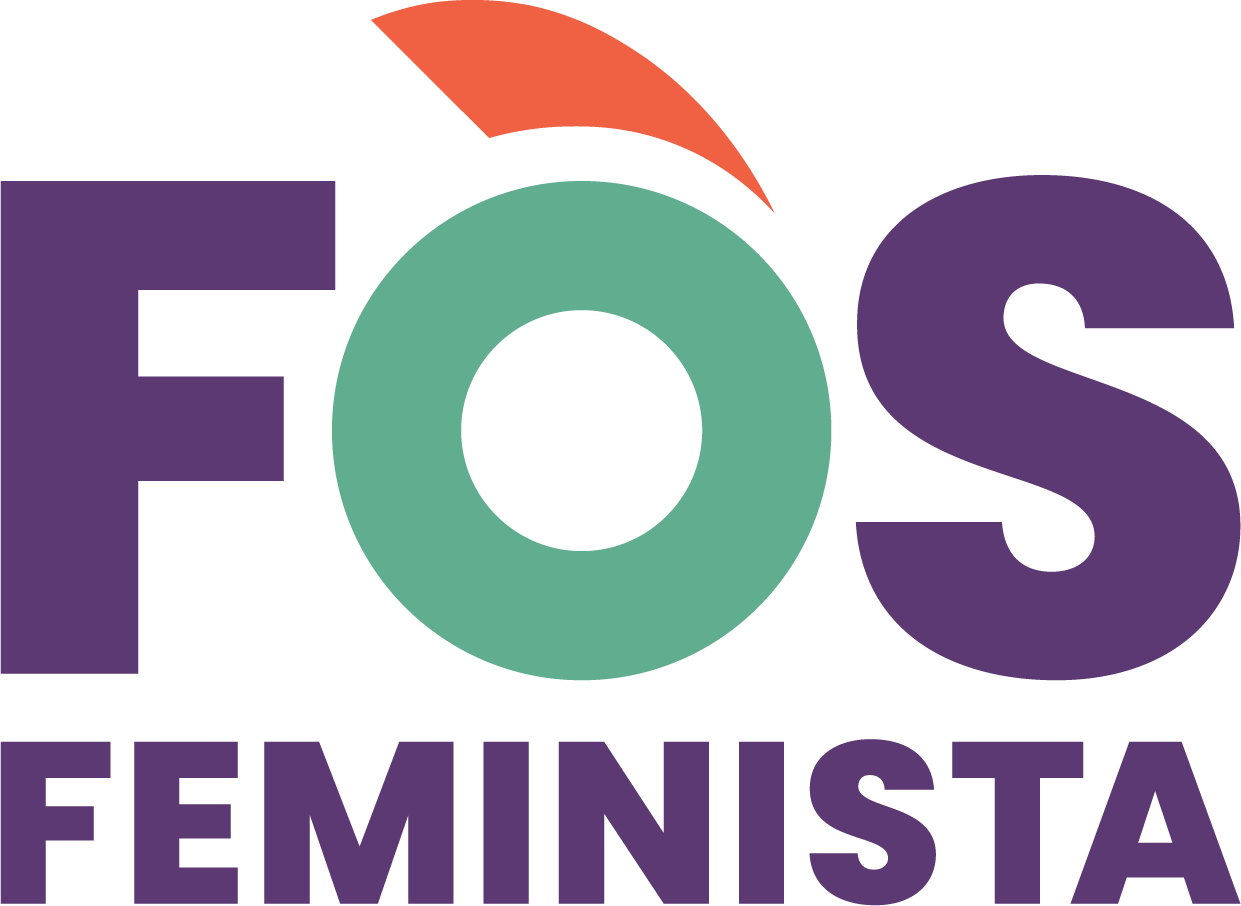
Cleopatra Makura, 2019
Young women leaders from our partners in the Global South participate in White House Gender Policy Council consultation.
In March 2021, U.S. President Biden signed into law an executive order to establish the White House Gender Policy Council, which he tasked to develop a government-wide strategy to advance gender equity and equality. In the process of developing the strategy, the Gender Policy Council organized a series of stakeholder strategy tables to hear from key stakeholders on recommendations for the Strategy.
Fòs Feminista developed and submitted recommendations to prioritize sexual and reproductive health and rights in the US Gender Strategy. The recommendations included steps the U.S. government can take to support access to safe abortion and contraceptive options, comprehensive sexuality education, and prevention and treatment of gender-based violence. We called for an inclusive strategy that addresses the health and rights of those who are discriminated against, including racialized women and girls, gender-diverse people, people with disabilities, people who engage in sex work, and others.
We submitted our recommendations to the White House Gender Policy Council and shared them with relevant agencies including USAID, PRM and OGWI at State Department, and PEPFAR, which are responsible for developing implementation plans.
To ensure that the people most impacted by the new Gender Strategy and implementation plans had an opportunity to also give input to the creation of the strategy, we facilitated the participation of five young women leaders from Belize, Brazil, Haiti, Paraguay, and Zimbabwe to attend a virtual global girls’ consultation (August 10) with the White House Gender Policy Council. They gave input to the development of the U.S. Gender Strategy, raising issues around SRHR, CSE, abortion access, and GBV.
Cleopatra Makura, a partner from Zimbabwe, appeared in a news article in Devex about the White House global girls consultation on the Gender Strategy.
“Young women develop self-worth through meaningful contributions, and it is important to ensure that they are involved at the decision-making tables.”
– Cleopatra Makura, 24-year-old participant from Zimbabwe“It is important that the voices of our girls and teenagers are heard, so that a communication network is built in which they can become actors in this process.”
– Gabriela, 17-year-old participant from Brazil






